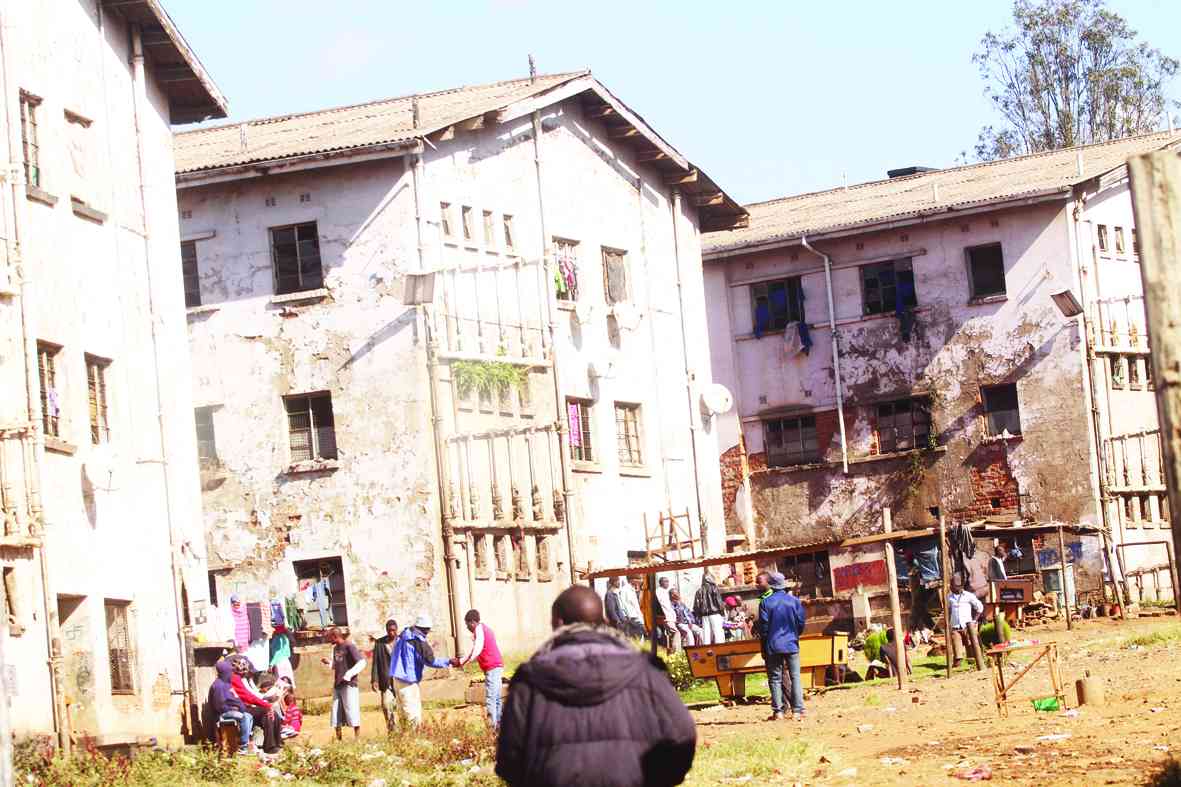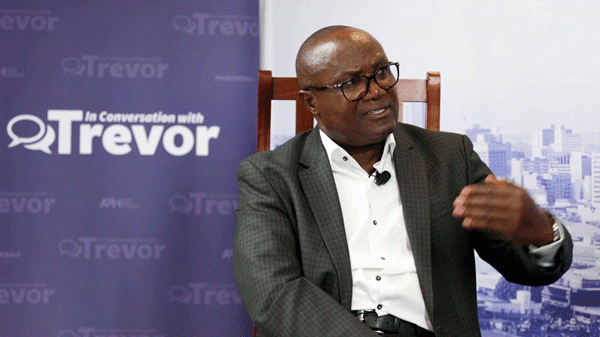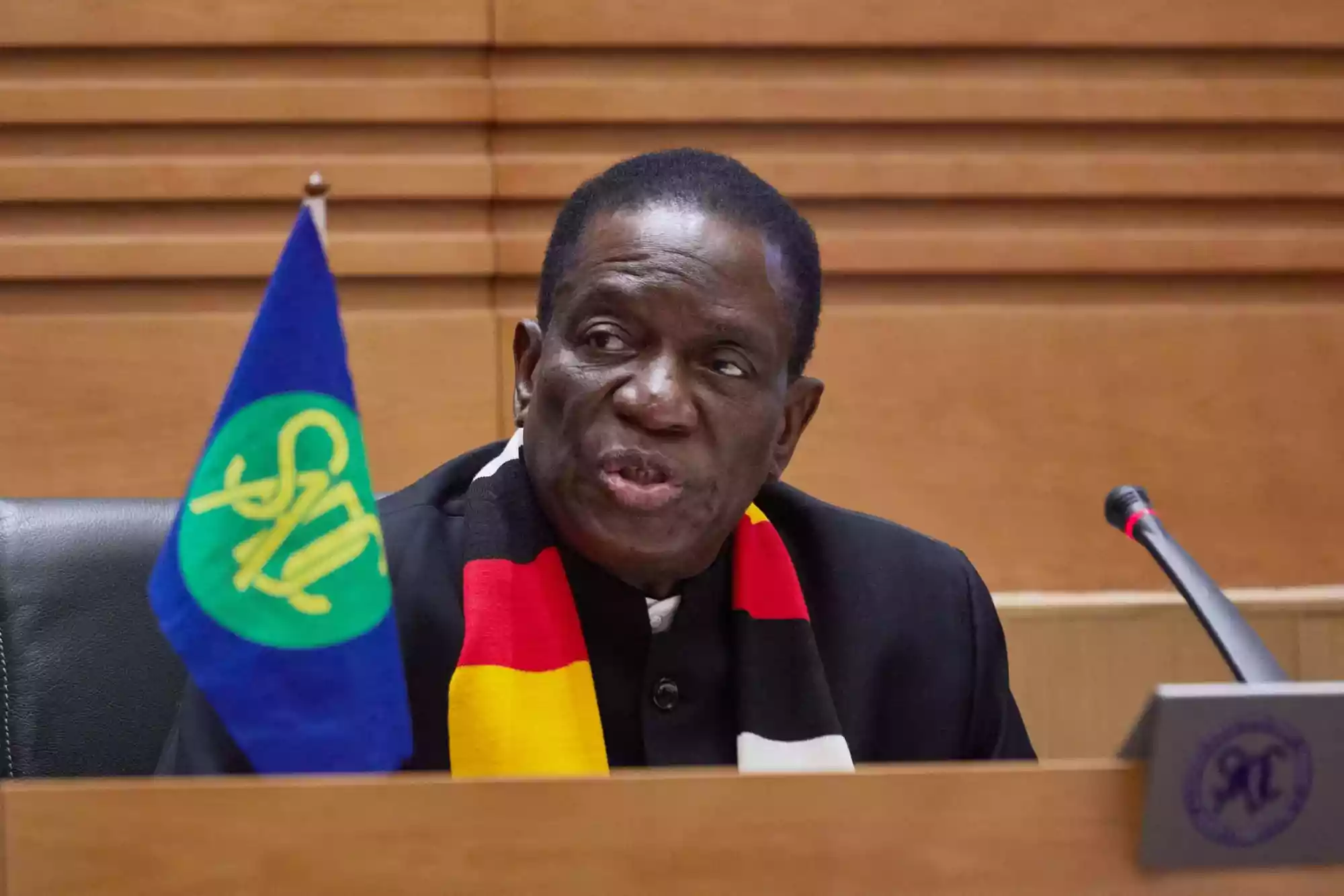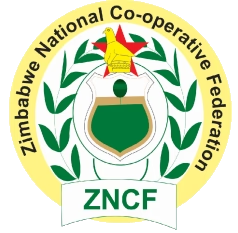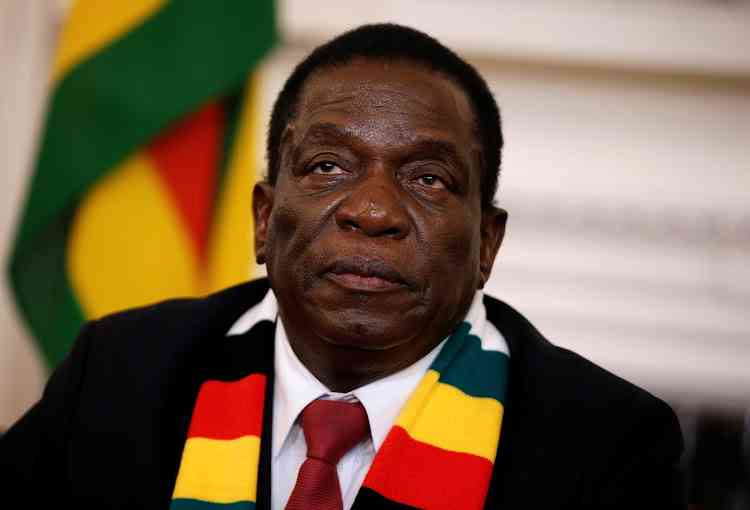
THE controversial Private Voluntary Organisations Amendment Bill sailed through Senate last week amid fears by critics that government would use it to target non-governmental organisations (NGOs).
The Bill requires President Emmerson Mnangagwa’s signature to become law.
Critics have condemned the Private Voluntary Organisations (PVO) Amendment Bill as anti-democratic saying it was targeted at government’s suspected opponents.
They also said it was meant to interfere with operations of NGOs.
The PVO Bill was initially passed by the Senate in February last year but Mnangagwa, however, referred the Bill back to Parliament during the 9th Parliament for reconsideration.
It, however, sailed through the Senate on Thursday last week.
In separate interviews, human rights activists said the smooth sailing of the Bill in the Senate marked a dark day in the country’s human rights chapter.
Heal Zimbabwe advocacy officer, Tapiwanashe Chiriga, said the Bill was an assault on the civic space and fundamental freedoms for civil society.
- Lest our MPs forget
- Call for fresh PVOs Bill public hearings
- Govt justifies clampdown on NGOs
- ZLHR pushes for PVOs Bill abolishment
Keep Reading
“The speed at which the Senate passed the PVO Amendment Bill without debate on the 17th of October is proof that when it comes to democratic backsliding and trampling on fundamental rights, our Parliament can surprisingly be efficient,” Chiriga said.
“Civil society vibrancy is part of what sustains democratic and development norms in a society and when such is struck by repressive legislation, no one wins in the end.
“Heal Zimbabwe urges government to rethink its stance on this Bill that will put a dark stain on Zimbabwe’s tainted human rights record.”
Crisis in Zimbabwe Coalition spokesperson, Marvellous Khumalo, said the passage of the Bill in Senate was a sad development for Zimbabwe's unstable democracy.
“This has a negative effect of closing down civic space, which is an integral part for democratic growth and development,” Kumalo said.
“It is our hope that, similar to the initial parliamentary attempt for this bill, the President will not append his signature to such a retrogressive bill.”
The Zimbabwe Lawyers for Human Rights (ZLHR) expressed concern over the manner in which the Bill sailed through the Senate.
“ZLHR is shocked that even in light of unequivocal and genuine misgivings by a significant segment of local Civil Society Organisations(CSOs), citizens and regional and international organisations and bodies, such as the United Nations Special Report Procedures, about the PVO Amendment Bill’s contravention of national, regional and global standards of freedom of association, the harmful law, which tramples upon human rights, was expedited through Parliament,” the ZLHR said.
“The passage of the PVO Amendment Bill by the Senate, compounded by its enactment into law and its destructive effect on civil society, presents a significant setback in the country’s commitment to human rights and will place Zimbabwe in contravention of its human rights obligations, notably on freedom of association.”
Zanu PF party’s director of Information Farai Marapira said: “The Bill is in fulfillment of international norms against money laundering etc. Furthermore we have seen abuse of workers that continues in the field with wanton abandon.
“One need not mention scandals every now and then of disappeared funds. We have seen the palatial houses directors have constructed and the attendant luxury vehicles. This needs to be regularised and anyone who is against such a measure surely is against the proper dictates of good governance, democracy and transparency.”
Last year, United Nations experts urged Mnangagwa to reject enacting the Bill after it was passed in the Senate.
The Bill allows the State to interfere with civil society organisations’ governance and activities.
Private Voluntary Organisations and NGOs will be required to register with the Registrar’s Office, which will wield powers to consider, grant or reject their application with little to zero judicial or administrative recourse against such decisions.
Many PVOs currently operating lawfully will not be able to continue under the new law unless they meet the new requirement.
Penalties for breaching provisions of the Bill range from heavy fines to imprisonment.



